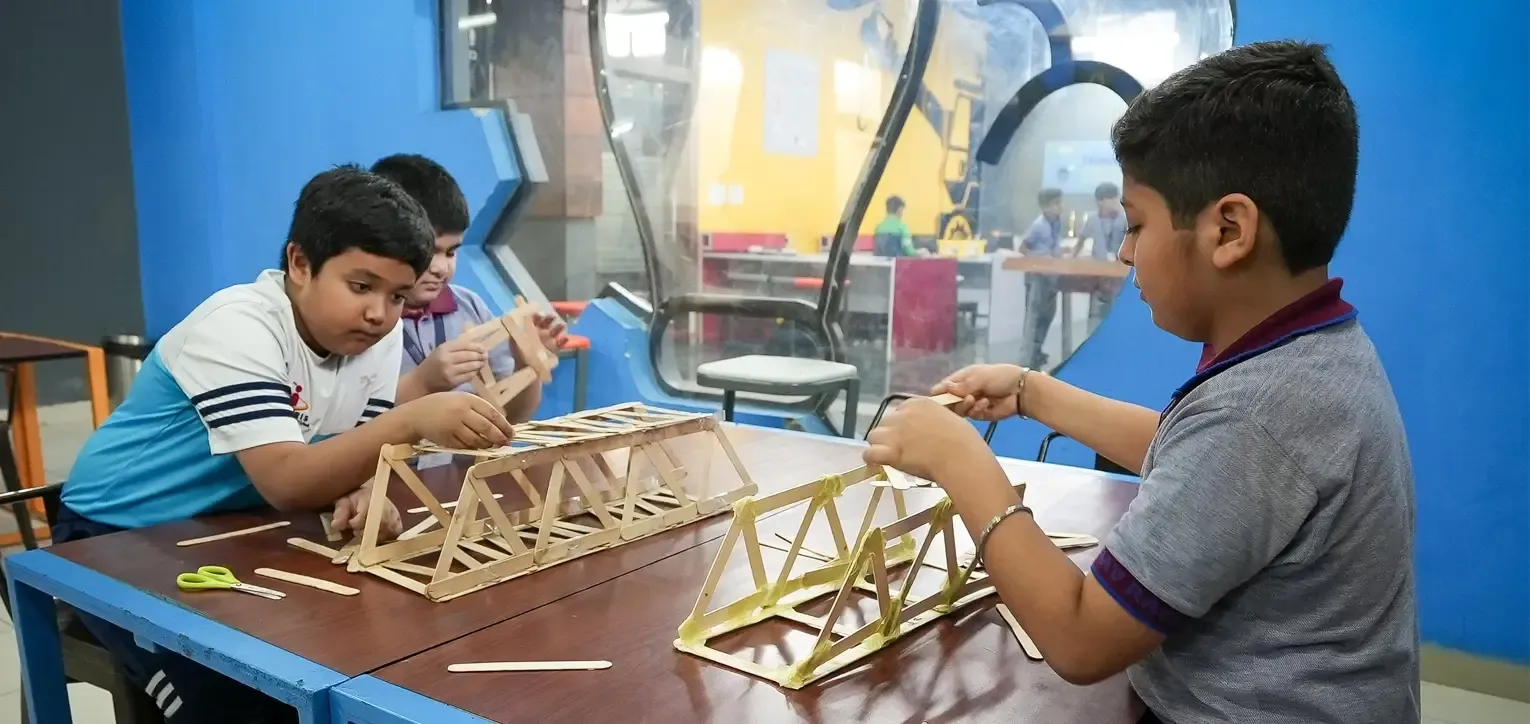For most of us, witnessing the entire country in a state of complete lockdown is a first-time and a once-in-a-lifetime experience. Social and physical distancing has led to emotional and psychological distress for everyone, especially children. Their way of life, right from academic learning to the way they spent their vacation has taken a 180-degree turn. This shift to e-learning and restricted contact with the friends and extended families is an overwhelming situation for them. Free time and down time are not fun for children, particularly not in an ongoing way. Since there is hardly anything stimulating for the children their sleeping and eating patterns have been affected, they are finding it difficult to express themselves, are showing signs of aggressive and irritable behaviour. It is essential to inculcate reading and learning habit in such times. Create Routine Suitable to all: Establish a structure and routine where children are also involved and will be greatly beneficial. Little bit of predictability in an uncertain time can bring in some form of stability. Map out activities for the following day so that they know what to do and what to expect. Working them out together, and including all your children in this, will make the rules feel jointly owned and fair. It is beneficial to add – time together and time apart and a bed-time routine. If the day feels endless and without a plan, anxiety can easily be triggered. Be kind to Yourself: Things will rarely go according to plan, particularly now that all our routines are different. Don’t be too hard on yourself. Setting and achieving goals are building blocks to good mental wellbeing. They boost how we feel about ourselves. So, feel proud of what you achieve, however small. If we can ‘pat ourselves on the back’, we feel good about ourselves, happier, and are less likely to feel down. Let your children hear that you are proud of your own achievements and theirs. This will help them learn to self-praise too. Distractions through fun activities with other family members, like watching a film together or exercising or playing board games. The main thing is that it’s something you enjoy. Even if you can’t easily join in older children’s activities, showing an interest might help them feel closer to you. Be a Role Model: Be honest and say sorry when you can. It’s good to do regular ‘mind checks’ about how you’re feeling, but also ask how others in your family are feeling. Some days will be stressful when things don’t go as per the plan and instead of feeling stressed just accept the feeling and not blame others for it. Let those around you know that we all go up and down a bit in our emotions, and that’s OK. When children see their parents doing this without blaming others, it also helps them to regulate their own feelings. Recognise their Anxiety and Create a Space to Talk: It could be that the child is upset and going through an emotional stress. To overcome this, proactively increase your conversation with your child and with the people they like either through regular calls or video calls. Discuss various topics that interest your child and try to engage them in something productive and mentally stimulating alternatives and to explore alternative ways of looking at things, which might help them to draw less anxiety-provoking conclusions. Let them know that their thoughts and feelings matter. Written By :- Ms. Aneeta Chawla, Primary Wing Teacher, MRIS Charmwood Emotional well-being of Students During Lockdown




